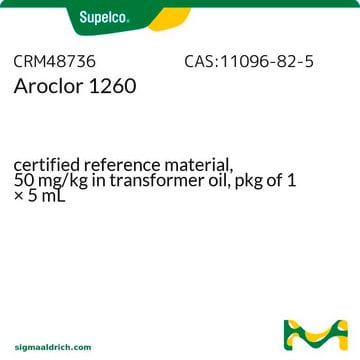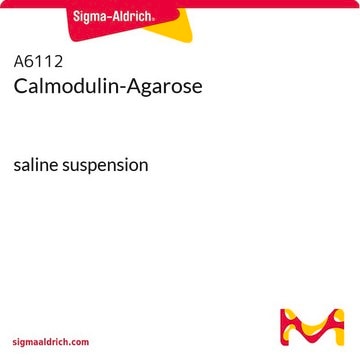1000420
USP
Abacavir Related Compound A
United States Pharmacopeia (USP) Reference Standard
Sinónimos:
(1S,4R)-4-[2,6-Diamino-9H-purin-9-yl]-2-cyclopentene-1-methanol
About This Item
Productos recomendados
grade
pharmaceutical primary standard
API family
abacavir
manufacturer/tradename
USP
application(s)
pharmaceutical (small molecule)
format
neat
storage temp.
2-8°C
InChI
1S/C11H14N6O/c12-9-8-10(16-11(13)15-9)17(5-14-8)7-2-1-6(3-7)4-18/h1-2,5-7,18H,3-4H2,(H4,12,13,15,16)/t6-,7+/m1/s1
InChI key
ZKJUXHDSLJYKED-RQJHMYQMSA-N
¿Está buscando productos similares? Visita Guía de comparación de productos
General description
Application
Analysis Note
Other Notes
related product
signalword
Danger
hcodes
Hazard Classifications
Eye Dam. 1
Storage Class
11 - Combustible Solids
wgk_germany
WGK 3
flash_point_f
Not applicable
flash_point_c
Not applicable
Certificados de análisis (COA)
Busque Certificados de análisis (COA) introduciendo el número de lote del producto. Los números de lote se encuentran en la etiqueta del producto después de las palabras «Lot» o «Batch»
¿Ya tiene este producto?
Encuentre la documentación para los productos que ha comprado recientemente en la Biblioteca de documentos.
Contenido relacionado
Las moléculas pequeñas son iones y compuestos de peso molecular normalmente inferior a 900 dalton. Estos compuestos pueden separarse y analizarse con eficacia mediante HPLC, UHPLC y LC-MS utilizando principalmente partículas de sílice o fases estacionarias monolíticas con una amplia gama de composiciones químicas de la columna (modificaciones).
Las moléculas pequeñas son iones y compuestos de peso molecular normalmente inferior a 900 dalton. Estos compuestos pueden separarse y analizarse con eficacia mediante HPLC, UHPLC y LC-MS utilizando principalmente partículas de sílice o fases estacionarias monolíticas con una amplia gama de composiciones químicas de la columna (modificaciones).
Small molecules are ions and compounds of molecular weight typically less than 900 daltons. These compounds can be effectively separated and analyzed by HPLC, UHPLC and LC-MS using mainly silica particles or monolithic stationary phases with a broad range of column chemistries (modifications).
Small molecules are ions and compounds of molecular weight typically less than 900 daltons. These compounds can be effectively separated and analyzed by HPLC, UHPLC and LC-MS using mainly silica particles or monolithic stationary phases with a broad range of column chemistries (modifications).
Nuestro equipo de científicos tiene experiencia en todas las áreas de investigación: Ciencias de la vida, Ciencia de los materiales, Síntesis química, Cromatografía, Analítica y muchas otras.
Póngase en contacto con el Servicio técnico









